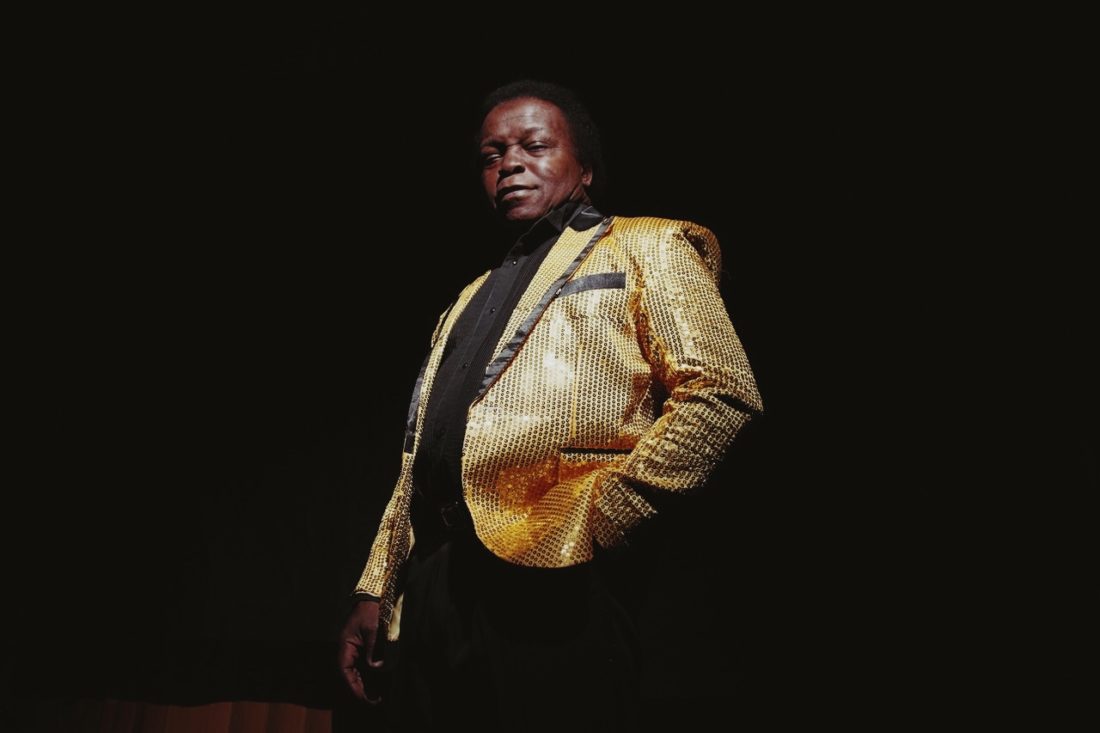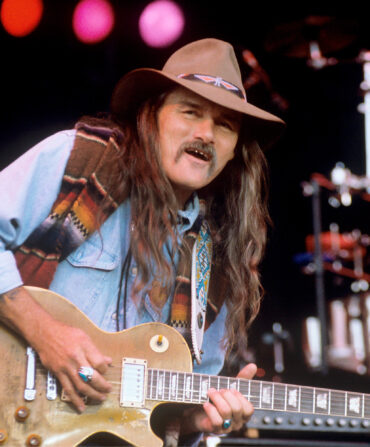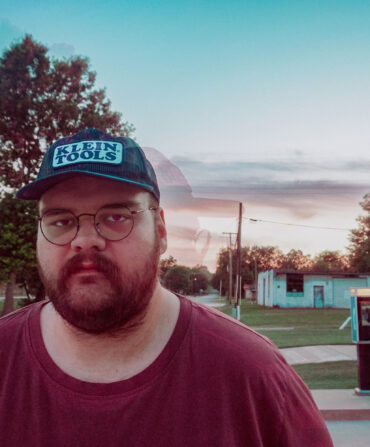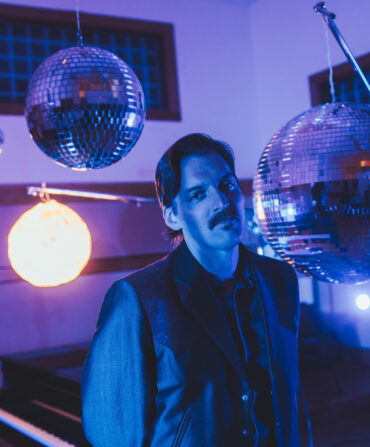The music of the late sixties was a critical building block for plenty of modern artists, from the sweet voice of Leon Bridges to the big brass of Saint Paul and the Broken Bones. But for soul man and North Carolina native Lee Fields, that golden era of American music was influential for a different reason—it’s when he released his first album.
In the five decades since, Fields has drawn comparisons to James Brown and Otis Redding, and he’s made a hell of a lot of music that makes you feel something—whether it’s an urge to get on the dance floor or an ache to call those you love. Still, his commercial reception has been a slow burn, as he reliably turned out dozens of excellent albums for a group of devoted fans, but had no blockbuster hits. That didn’t stop from him from pushing forward. “I always had a belief that one day the band I was supposed to work with would come,” Field says. He was right; In his fifties, Fields connected with the Expressions, and in 2009, they released their first single together, “My World.” Fields hasn’t looked back. “I had no idea it would take as long as it did, but I never lost hope,” he says. “The Expressions is that band. They’re like my musical sons.”
Now, Lee Fields and the Expressions are gearing up to share a new album, It Rains Love—out fifty years after Fields released his very first vinyl record. G&G caught up with the ebullient performer to talk about his early life, the inspiration behind It Rains Love, and how the Beatles lured him into music. Read the interview below and catch Fields on tour this summer.
You were raised in rural North Carolina. What was it like growing up there?
I grew up right before the peak of the Civil Rights movement, so there was a lot of racial tension. As a kid, it didn’t make sense to me. When I was a small child, sometimes my dad would let us ride in the back of the pickup truck on the way to the store—this was in Greene County, North Carolina, before we moved to Wilson, so we were out in the country. When my daddy would get out to go inside the store, and would leave us in the back of the pickup truck, people would say nasty things, call us names. At about ten years old, we could be walking down the sides of the highways—especially at dusk or dark—and people would come out and throw things at us, or they’d slow down and beat on the side of the car, to scare us. I used to wonder: What did we do to cause this? I learned at an early age that I gotta do what I can to fit in where I could: When I see a car comin’ down the road, I gotta brace myself, because it could be anything. I got kind of accustomed to the harassment, and minding my own business just trying to survive. But, inside of me, I always wondered: Why can’t everybody just love each other?
So it was a time of racial tension, but I had a beautiful time because I didn’t take the hate route. My early years living in Wilson taught me that there were also a lot of good people. That really stuck with me to a point where hate couldn’t live inside me, because there were so many more good people than bad. There were people who would do anything for you, and who were just as friendly and just as nice as they could be.
Love is an underlying theme in much of what you sing about today—it’s right there in the title of your new album. What was on your mind when you were writing and recording?
Everyone wants to release something that’s going to be gratifying, popular. But the first thing we have to do is try to write something that’s gonna be of benefit to people—to write what people need. It seems like, to me, people need love. Today, it’s hard to recognize what’s right and what is wrong. One day I look at a TV station and they’re telling me, “What you’ve heard elsewhere is false.” And then I turn to another station that tells me, “No, this is the truth, that other thing is false.” Right now, we’re all looking for what is real. And what is real in life, what is the most valuable entity, is the love of each other. That’s what realness is. As far as I am concerned, the world needs more love, so that’s what this album is.
What artists have had the biggest impact on you as a musician?
Well, the artist that affected me the most, number one, was Sam Cooke. Number two would be James Brown. But the band that made me want to become an entertainer? Well, that would have to be the Beatles.
Oh really?
Oh yeah! [Laughs] Definitely, definitely the Beatles. Growing up, I wanted to be a businessman. I always liked Sam Cooke, sure, but that didn’t make me wanna be a singer. When I saw the Beatles on the Ed Sullivan Show, I took my money as a paper boy and went right out and bought me a guitar. [Laughs] I mean I just had to have me a guitar. The first time I saw them, they looked like guys from the moon! At that time, nobody was wearing their hair long—most of the haircuts were very short and you’d see a lot of crew cuts. And then the Beatles are bold enough to go up on stage with that hair? [Laughs] They stepped up there and I’ll tell you, it was like the future. It was like, these guys came from another planet, man. I wanted to say, Take me to your leader!
Now you’ve been at it for more than fifty years. What advice would you give yourself if you could go back to that teenaged kid, heading to New York to pursue music?
I would give myself the same advice that was given to me—put confidence in a higher power. I was always inquisitive about that, growing up. Sometimes what I saw with my eyes was the opposite of what you’d expect if there was a real entity, a real God. In the music business, you’re exposed to all kinds of things—there’s a lot of drugs, there’s a lot of a whole lot of stuff. But although no one is perfect, [my faith] guided me through the times in my life when I may have wanted to deviate and become like everybody else and start to stray.
The spirit of it is this: Put your trust in something greater than things. That’s something I learned back in Greene County, and in Wilson, North Carolina, thanks to my mother and my dad, God bless their souls, and have always taken with me.








